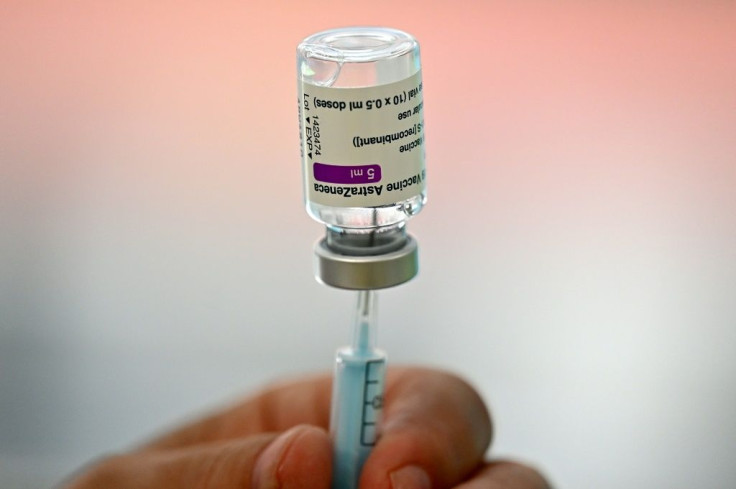Woman Dies Of Rare Blood Clotting Days After AstraZeneca Vaccine Jab
KEY POINTS
- The woman was vaccinated on June 24, admitted to hospital on July 5, and passed away overnight
- Australian health officials are urging residents to seek medical attention in case they experience certain symptoms
- A group of Canadian researchers may have found the cause of rare vaccine-related blood clotting incidents
A South Australian woman is believed to have died from a rare blood clotting days after she received a shot of the AstraZeneca COVID-19 vaccine.
The 72-year-old woman, whose identity was not revealed by the South Australian government, received a shot of the AstraZeneca vaccine on June 24. She was admitted to the Royal Adelaide Hospital on July 5 where she passed away overnight.
Emily Kirkpatrick, South Australia’s Deputy Chief Public Health Officer, said the woman had been diagnosed with thrombosis with thrombocytopenia syndrome (TTS) prior to her death. The rare blood clotting syndrome had previously been linked to the AstraZeneca shot.
"[It's] very, very sad and our thoughts are with her family during this very difficult time,” Kirkpatrick added, according to ABC News.
Despite the death, the chief public health officer continued to urge the public to get vaccinated against COVID-19 and encouraged people to seek medical help should they observe symptoms related to TTS.
"The symptoms are a headache, sudden onset headache that doesn't go away with the usual analgesia, abdominal pain, leg pain, feeling off, typically symptoms starting around day four, day five onwards,” she said. "If you're unable to see your GP and you have symptoms then please go to the emergency department.”
On Wednesday, a team of researchers from McMaster University in Ontario, Canada, published a study in the science journal Nature that linked a handful of amino acids to the unusual vaccine-related blood clots.
The Canadian study involved analyzing blood samples from five people, ages 35 to 72, who developed immune thrombotic thrombocytopenia or VITT after receiving a dose of the AstraZeneca vaccine.
The researchers then compared the platelet and clotting responses of the five people to 10 people who had VITT as a result of a blood-thinning drug called heparin and 10 healthy people. The study found that key antibodies targeted eight surface amino acids, which led to VITT.
The AstraZeneca shot uses altered cold viruses to trigger the human body’s immune system to create antibodies and defensive white blood cells to fight against COVID-19. But in rare cases, some people may have an autoimmune reaction that leads the antibodies to bind with unusual strength to a blood component. This results in the formation of blood clots.
"That's where the forest fire starts. These amino acids are super important to VITT but not to [heparin-induced thrombocytopenia]," Ishac Nazy, an author of the study, told The Wall Street Journal.
The rare blood clotting syndrome was also seen in some people who received the Johnson & Johnson vaccine. However, it is more prominent among AstraZeneca recipients.

© Copyright IBTimes 2025. All rights reserved.






















